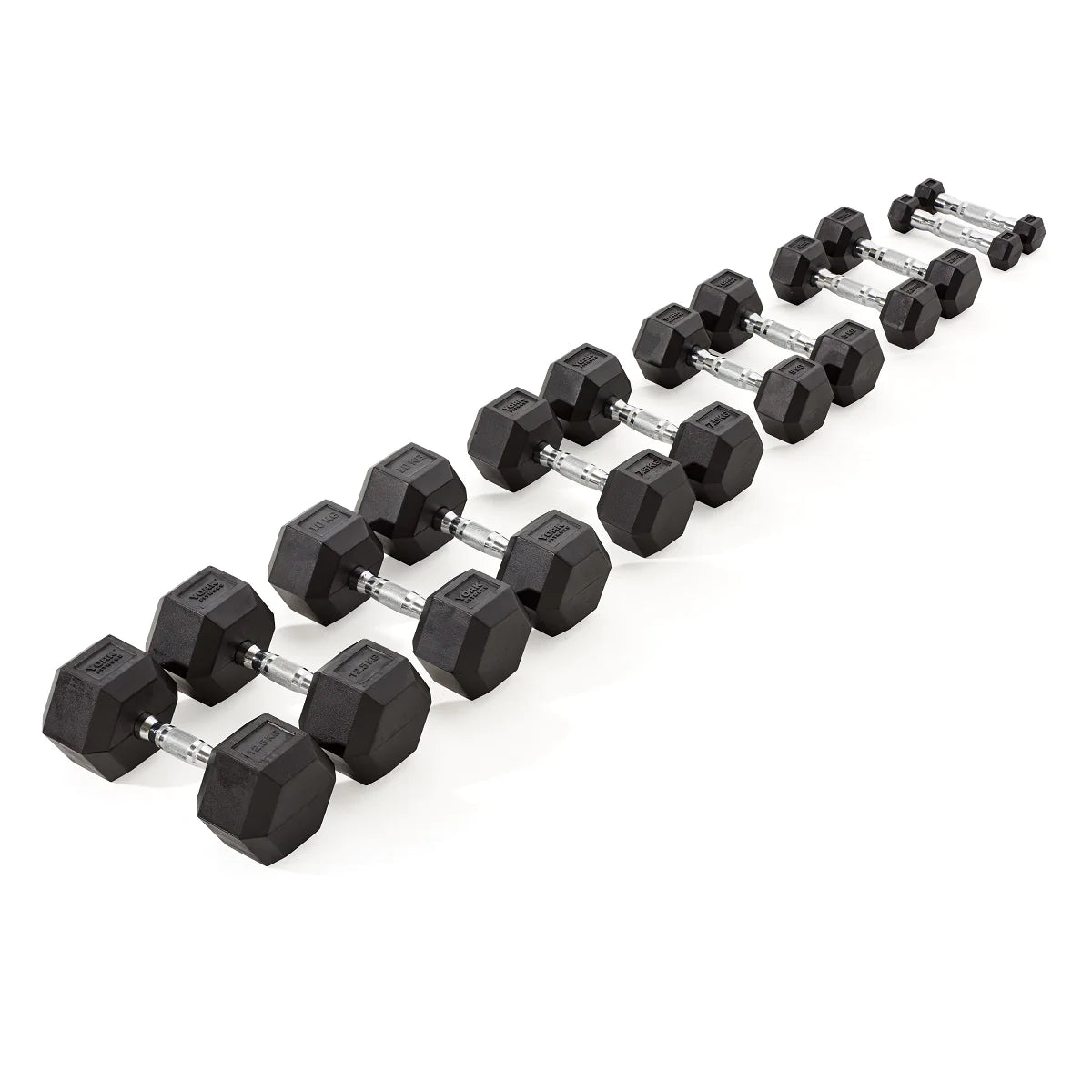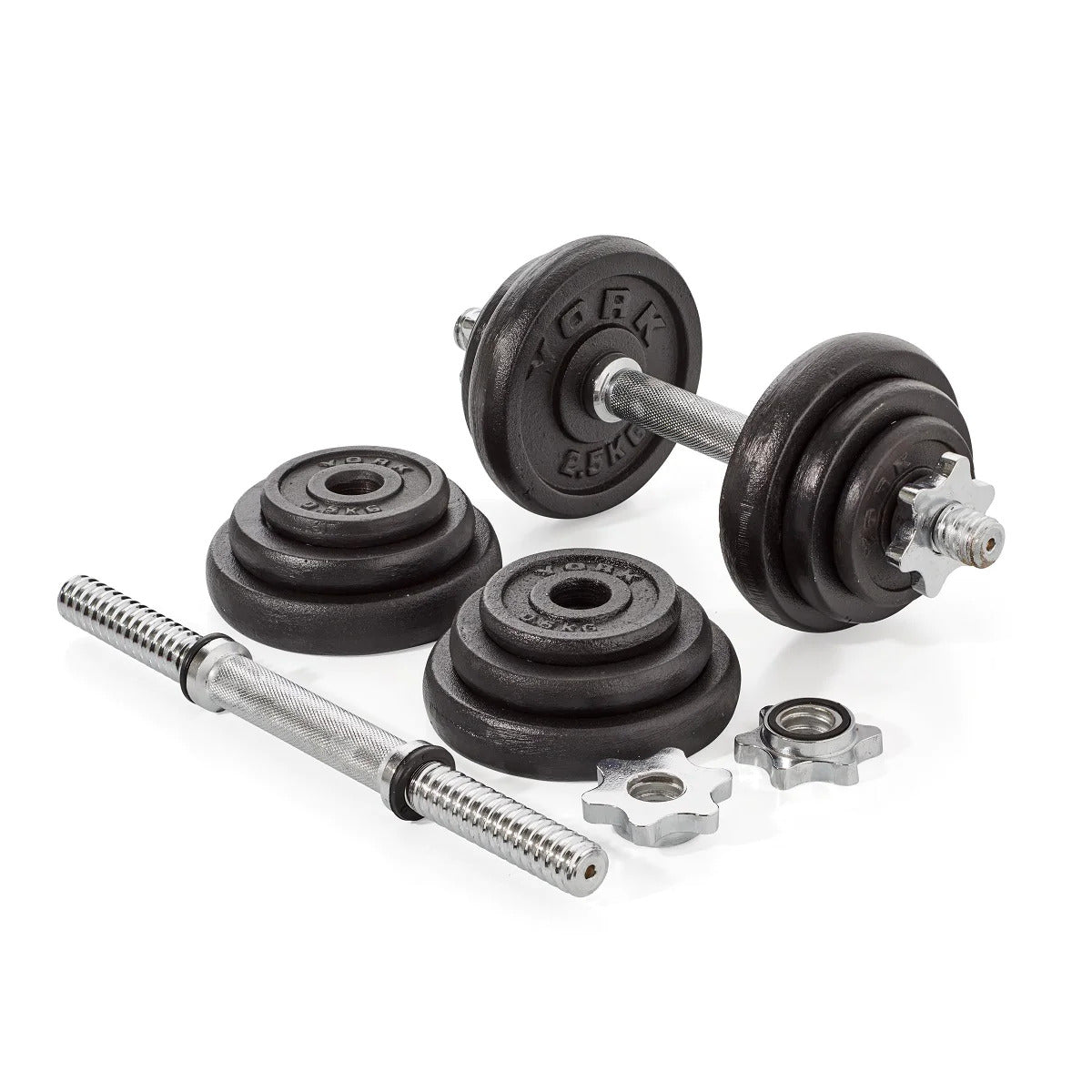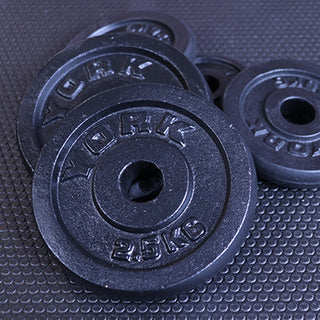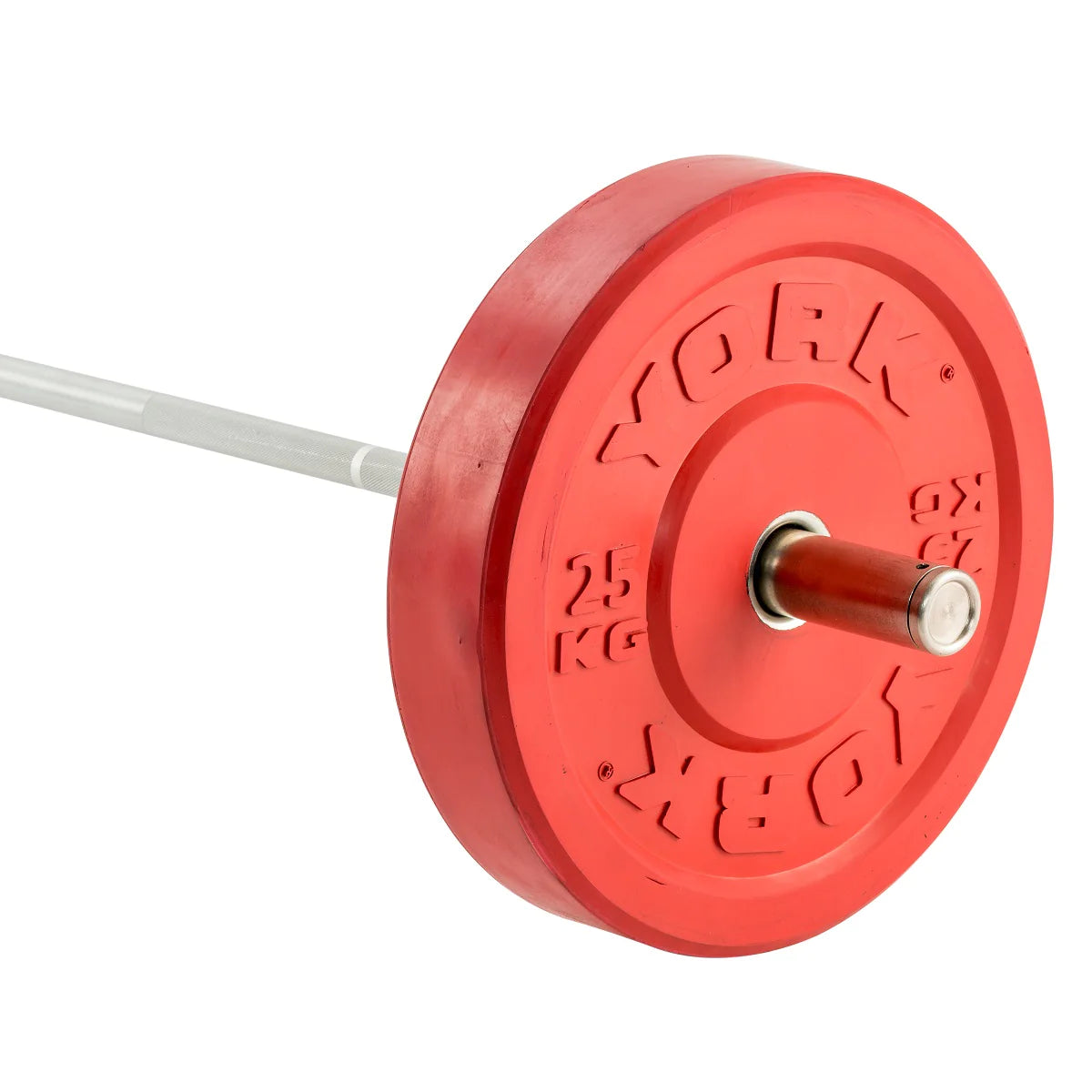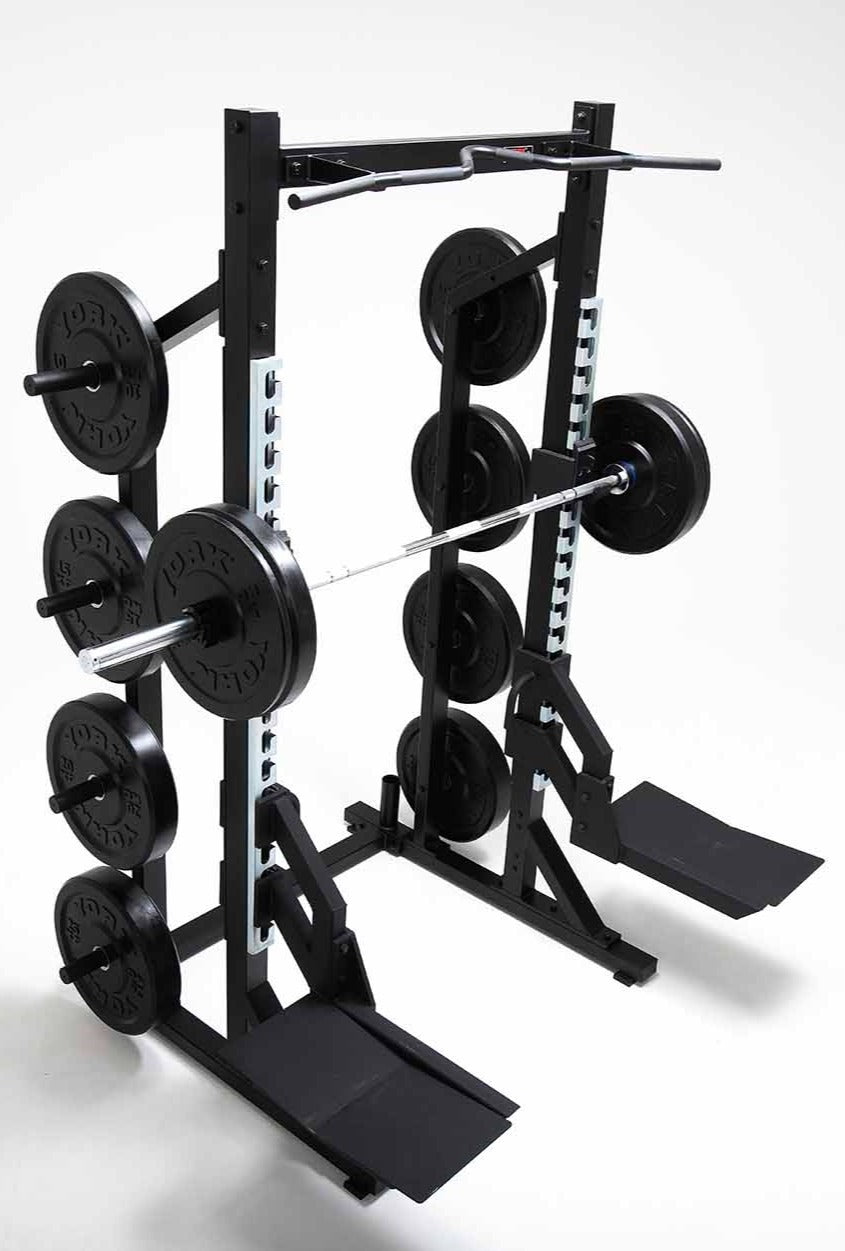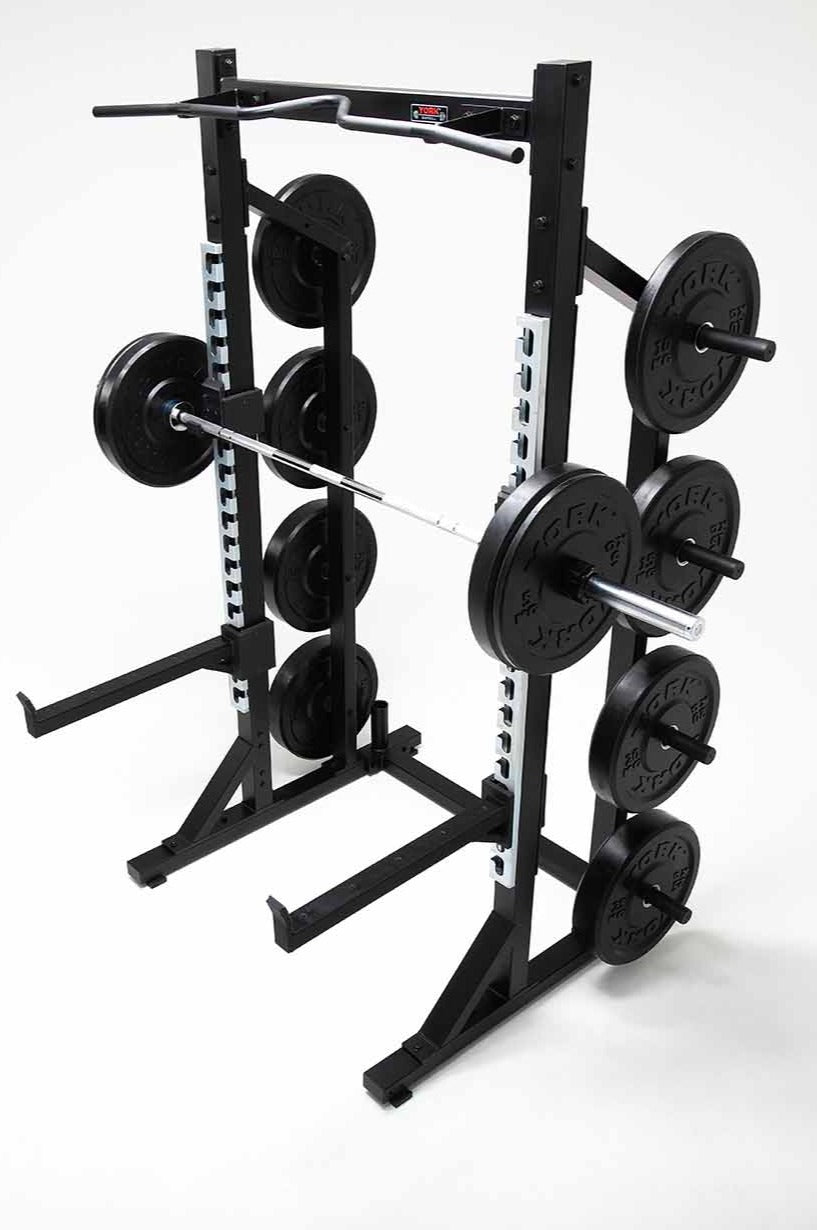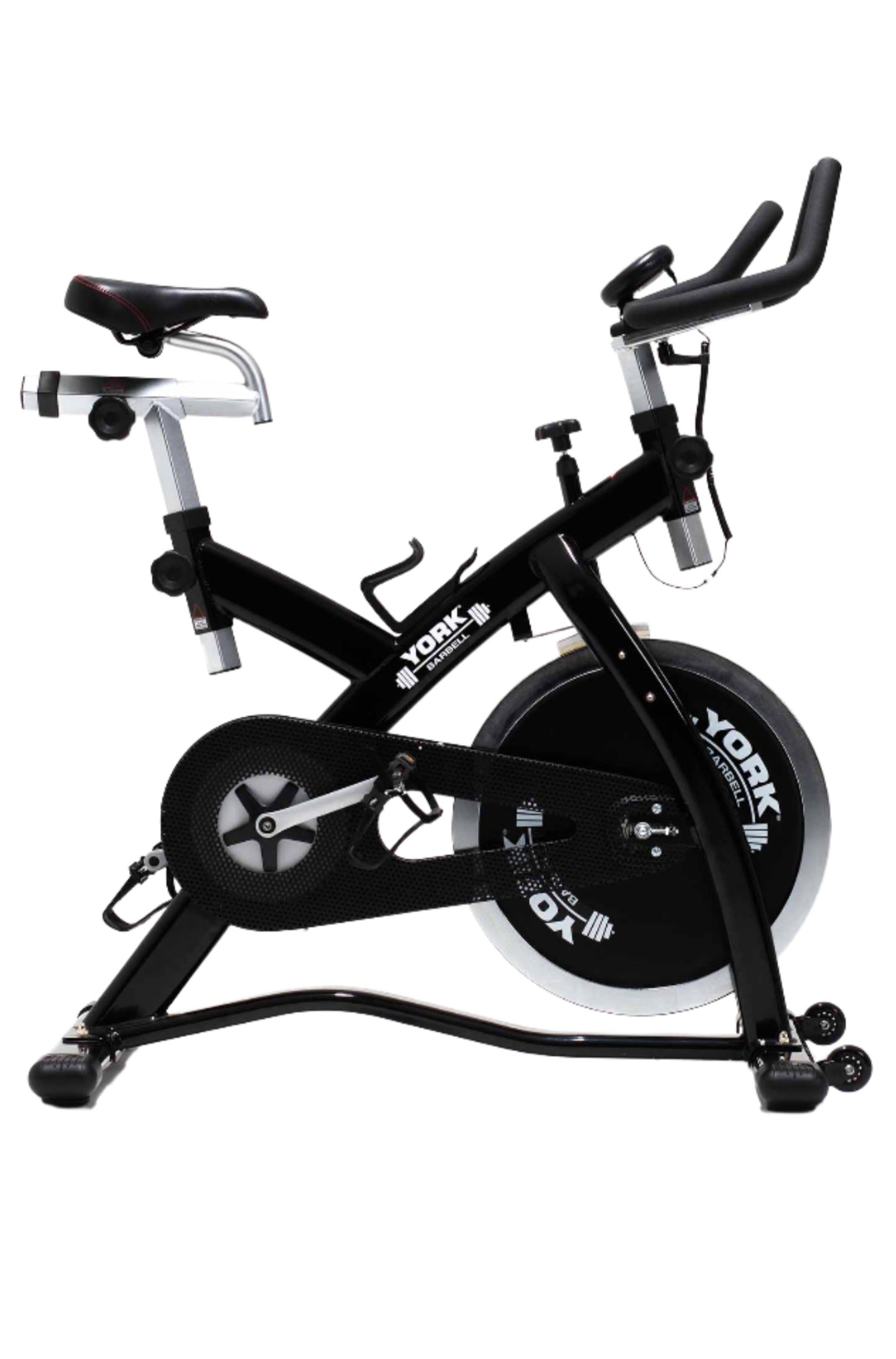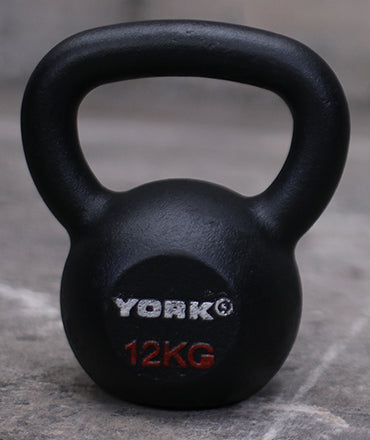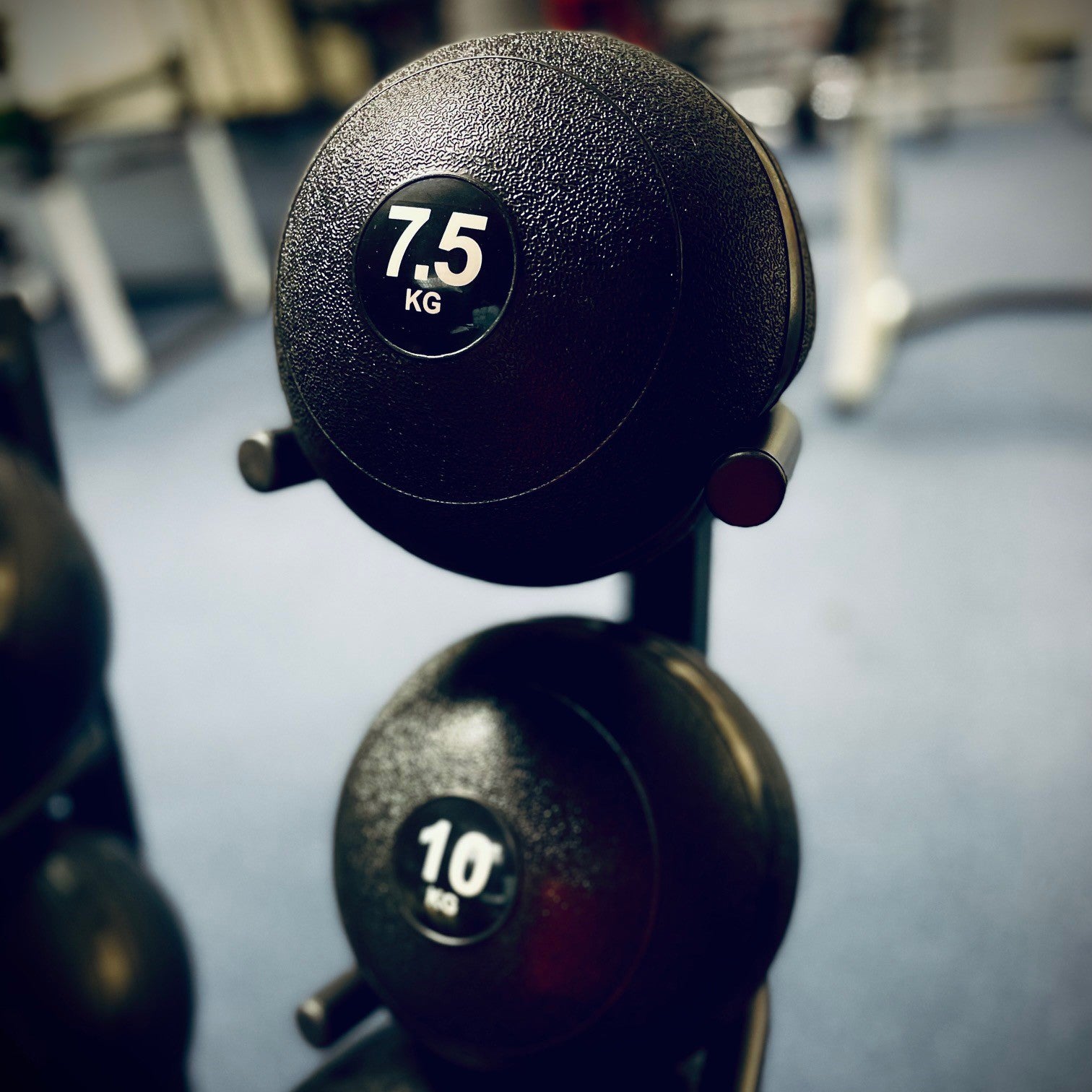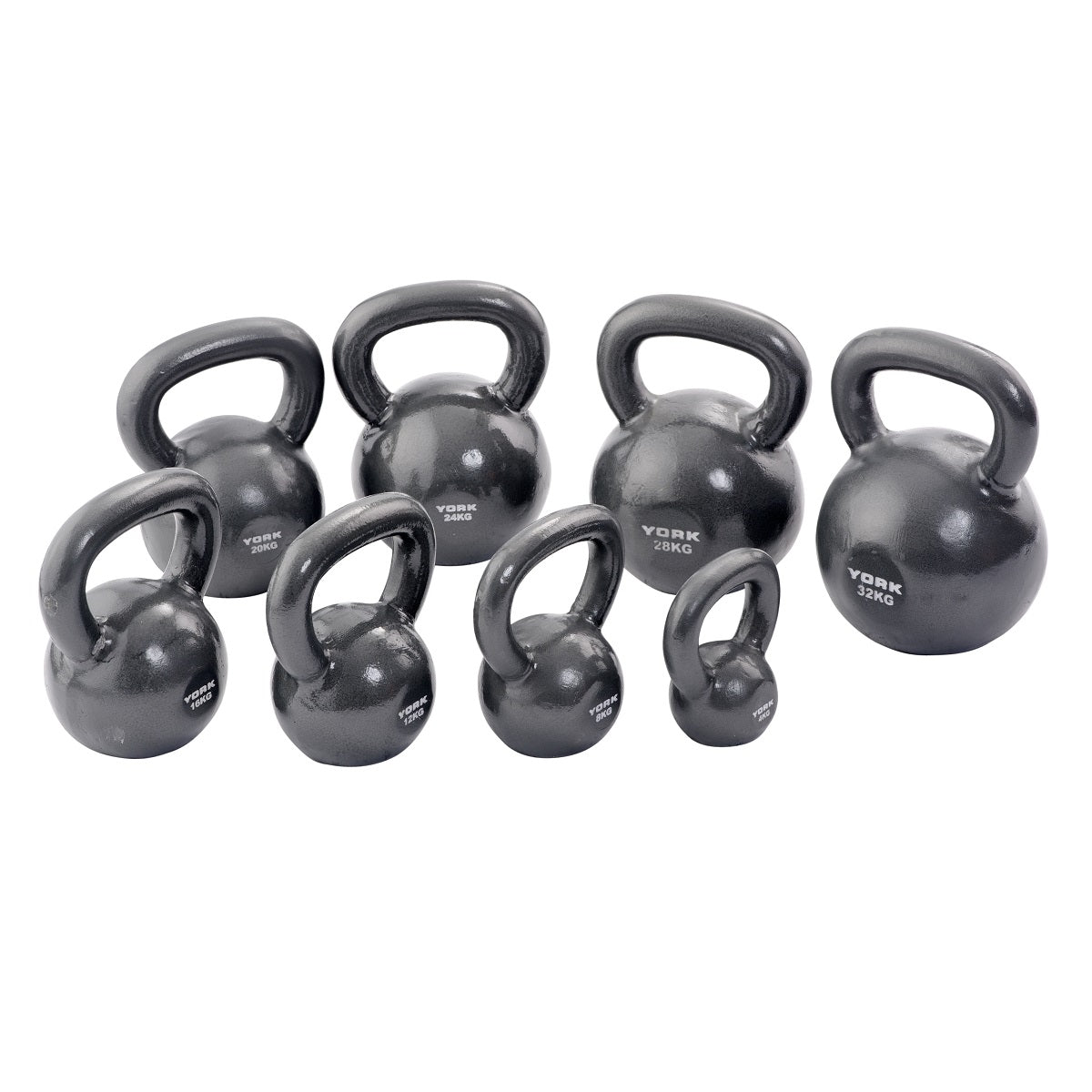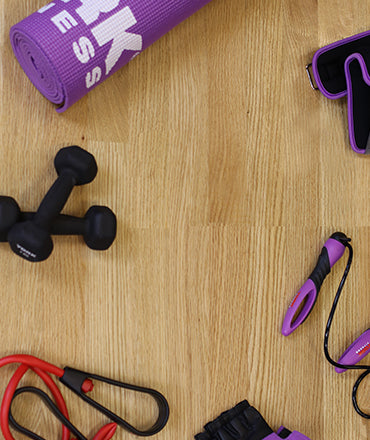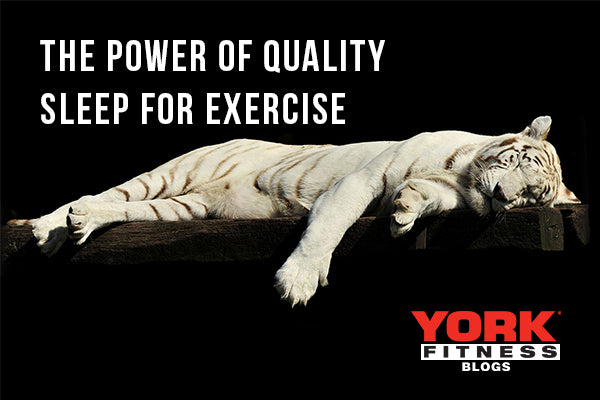Unlock Your Fitness Potential: The Power of Quality Sleep for Exercise
In the realm of health and fitness, much emphasis is placed on diet and exercise as the pillars of progress. However, there's one crucial factor that often gets overlooked: sleep. While hitting the gym and eating right are undeniably important, the quality of your rest plays a significant role in determining the effectiveness of your fitness journey. In this article, we'll delve into the intricate relationship between sleep and fitness, exploring how adequate rest can fuel your results and provide practical tips for optimising your sleep to enhance your fitness outcomes.
The Importance of Quality Sleep
Before we dive into the specifics of how sleep impacts fitness, let's first understand why sleep is so crucial for overall health and well-being. Sleep is not merely a period of rest; it's a vital physiological process that allows the body to repair and rejuvenate itself. During sleep, various essential functions occur, including muscle repair, tissue growth, and hormone regulation.
In the context of fitness, quality sleep is particularly important for muscle recovery and repair. When you engage in strenuous physical activity, such as weightlifting or high-intensity interval training, you create micro-tears in your muscles. It's during sleep that these muscles undergo repair and rebuilding, leading to muscle growth and strength gains. Without adequate rest, your muscles don't have sufficient time to recover, which can impede progress and increase the risk of injury.
Moreover, sleep plays a critical role in regulating hormones that are key to fitness success. Two hormones, in particular, are affected by sleep: cortisol and growth hormone. Cortisol, often referred to as the stress hormone, is elevated when you're sleep-deprived. High levels of cortisol can lead to muscle breakdown, fat storage, and decreased exercise performance. On the other hand, growth hormone, which is essential for muscle growth and fat metabolism, is primarily released during deep sleep. Therefore, insufficient sleep can disrupt the balance of these hormones, sabotaging your fitness goals.
Performance and Recovery
In addition to its impact on muscle repair and hormone regulation, sleep also directly influences exercise performance and recovery. Research has consistently shown that sleep deprivation can impair various aspects of physical performance, including strength, speed, endurance, and coordination. When you're sleep-deprived, you're more likely to feel fatigued, mentally foggy, and physically sluggish, making it harder to push yourself during workouts and achieve optimal results.
Furthermore, inadequate sleep can prolong the recovery process between workouts, leading to decreased training frequency and intensity. This can create a vicious cycle where poor sleep leads to subpar workouts, which in turn impairs sleep quality even further. Breaking this cycle requires prioritising sleep as an integral part of your fitness routine.
Tips for Improving Sleep for Better Fitness Outcomes
Now that we understand the importance of quality sleep for fitness, let's explore some practical strategies for optimising your sleep habits:
- Establish a Consistent Sleep Schedule: Aim to go to bed and wake up at the same time every day, even on weekends. Consistency reinforces your body's internal clock, helping you fall asleep faster and wake up feeling more refreshed.
- Create a Relaxing Bedtime Routine: Develop a calming pre-sleep ritual to signal to your body that it's time to wind down. This could include activities such as reading, taking a warm bath, or practicing relaxation techniques like deep breathing or meditation.
- Create a Sleep-Friendly Environment: Make your bedroom conducive to sleep by keeping it cool, dark, and quiet. Invest in a comfortable mattress and pillows, and consider using blackout curtains or white noise machines to block out distractions.
- Limit Screen Time Before Bed: The blue light emitted by electronic devices can interfere with your body's production of melatonin, the hormone that regulates sleep-wake cycles. Try to avoid screens (phones, computers, TVs) for at least an hour before bedtime.
- Watch Your Caffeine Intake: Limit your consumption of caffeine, especially in the afternoon and evening, as it can disrupt sleep patterns and make it harder to fall asleep.
- Exercise Regularly: Engaging in regular physical activity can promote better sleep quality, but try to avoid vigorous exercise close to bedtime, as it may energise you and make it harder to wind down.
- Manage Stress: Stress and anxiety can wreak havoc on your sleep, so prioritise stress-reduction techniques such as mindfulness, journaling, or talking to a therapist if needed.
Conclusion
In conclusion, quality sleep is a fundamental component of any successful fitness journey. From muscle repair and hormone regulation to exercise performance and recovery, sleep plays a multifaceted role in optimising your physical health and athletic performance. By prioritising sleep and implementing the tips outlined in this article, you can harness the power of quality rest to fuel your fitness results and achieve your goals more effectively. Remember, when it comes to reaching your peak performance, sleep is not just downtime—it's prime time for progress.






